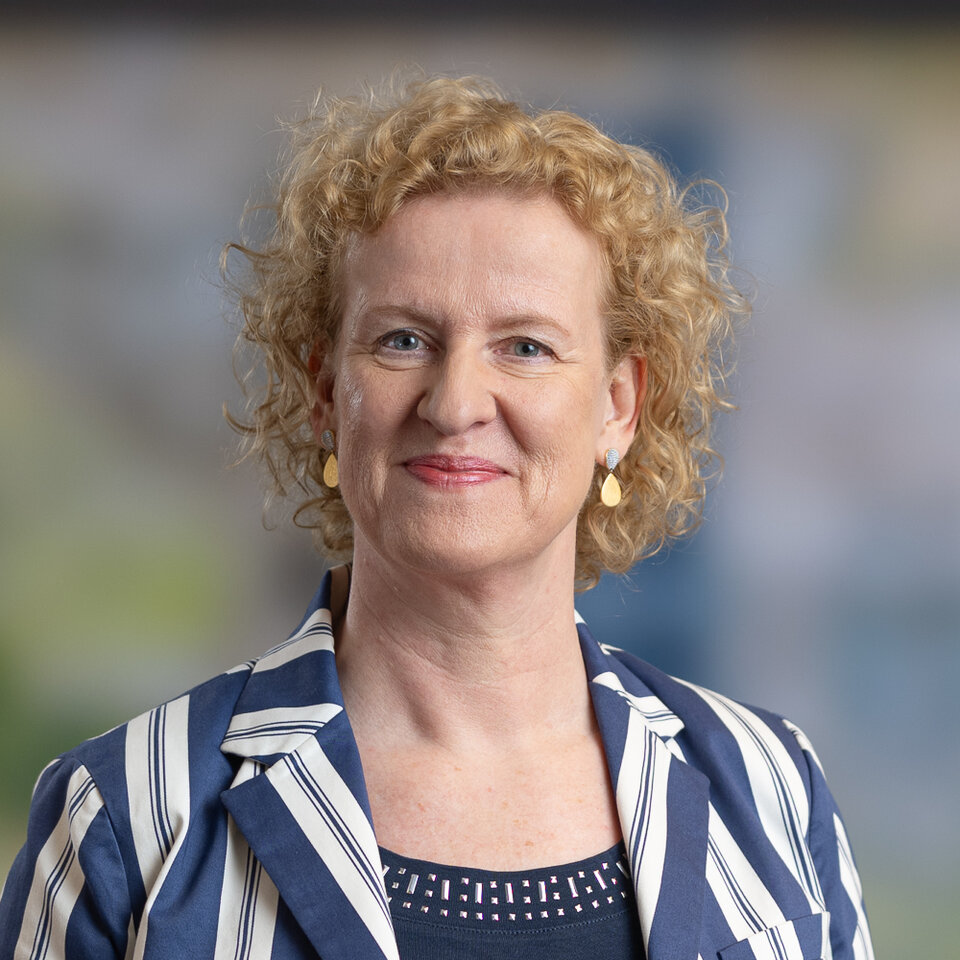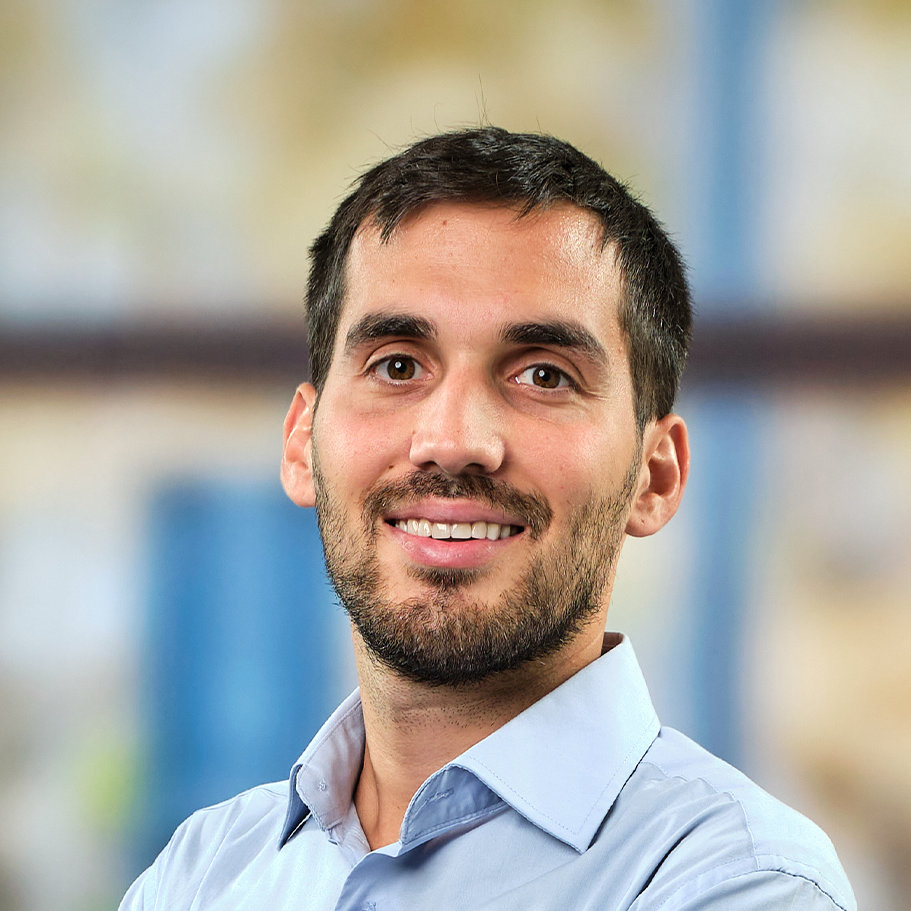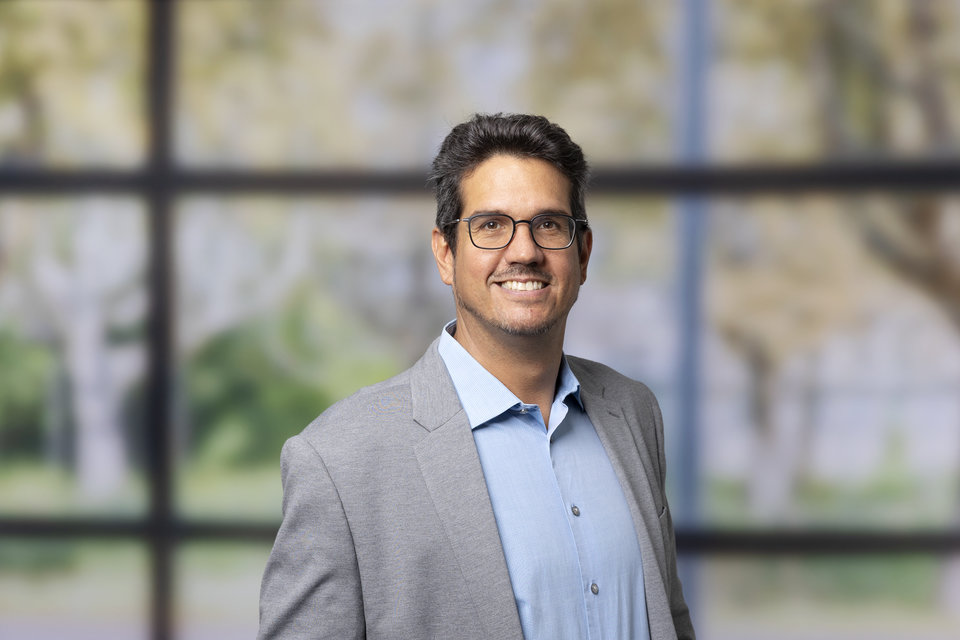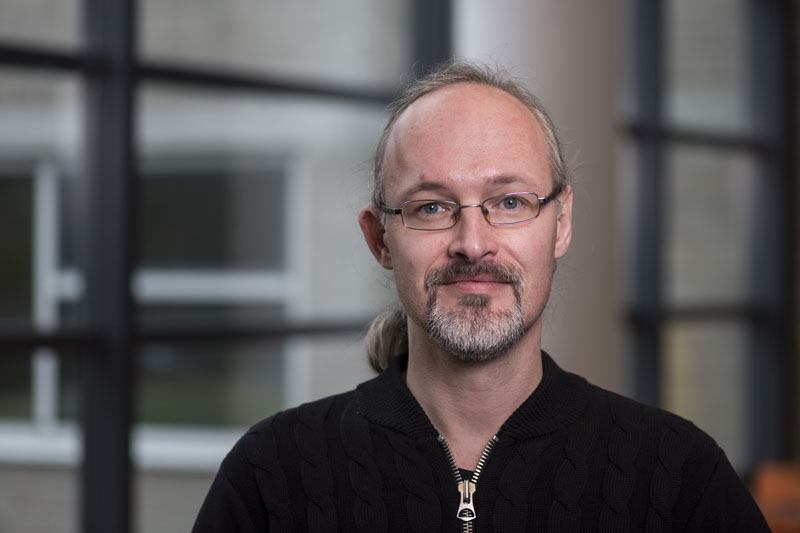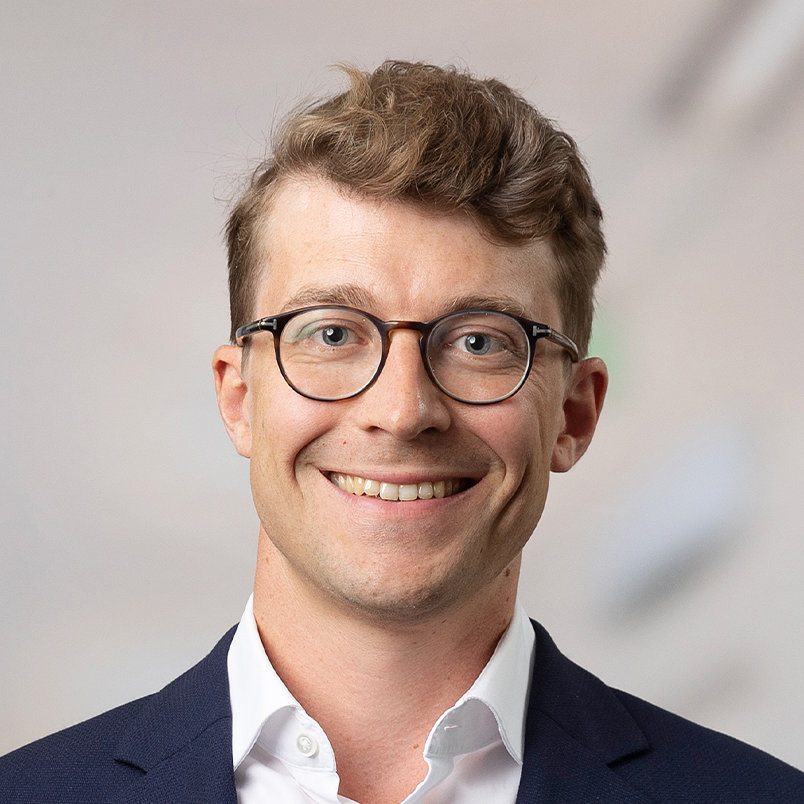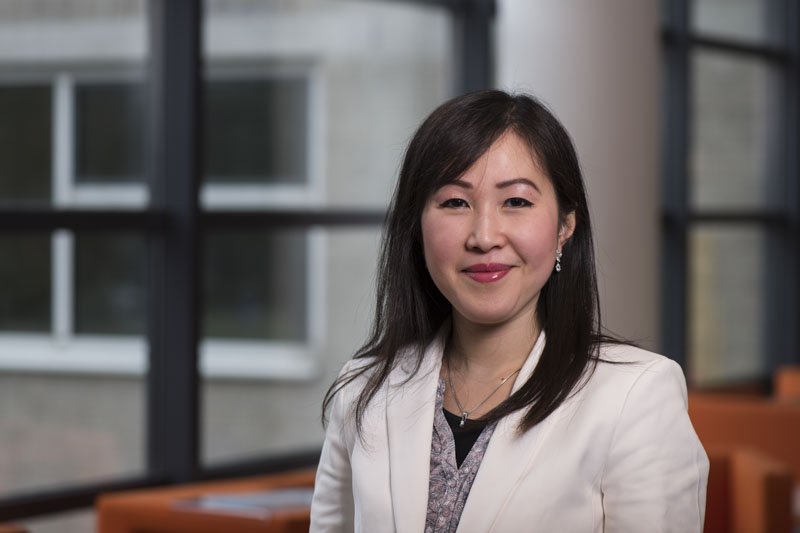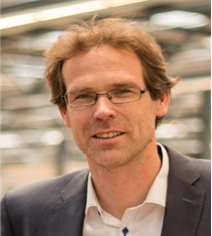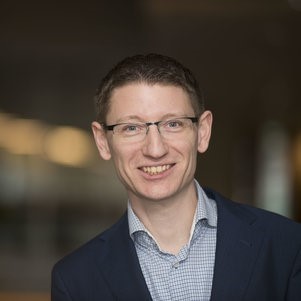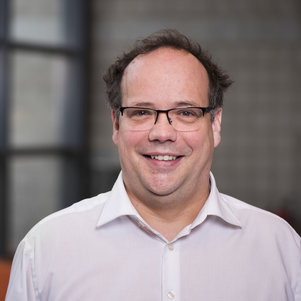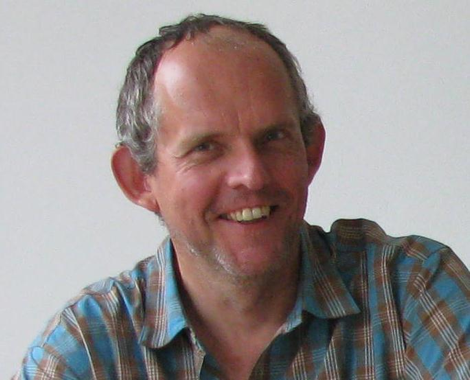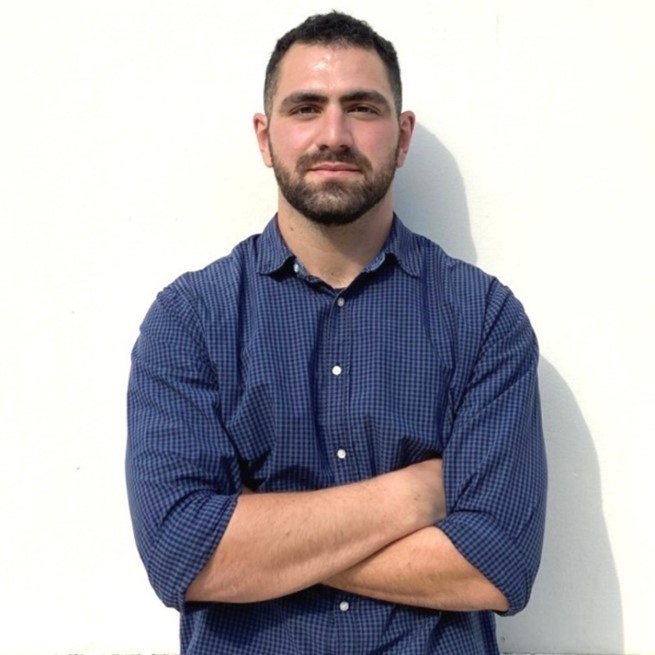MSc MOT
5 things you should know about the masterprogramme MOT
-
MoT program gives perspective about management and allows students to manage technology innovation in small companies, start-ups, or even large research and development departments. Students will learn several aspects of innovation and technology and strategies to develop them. This is done by means of a wide range of courses throughout this 2 years MSc programme. During the MSc program in Management of Technology, students evolve towards managers, consultants, and entrepreneurs in technology-based, competitive environments. Students are trained to be analysts and decision-makers in multi-disciplinary technology also equipped to work in a variety of technology sectors and play active roles in improving the quality of technology management.
The programme addresses challenging questions most companies face such as:
- What technologies do we need and when?
- Do we procure the technology we need with our research capabilities, collaborate with outside parties, or acquire or license it from others?
- How can we use the abundant technological opportunities to affect our mission, objectives, and strategies?
- Which are the factors that affect mass market diffusion of a new technology?
- How can we make a fast diffusion of a new technology?
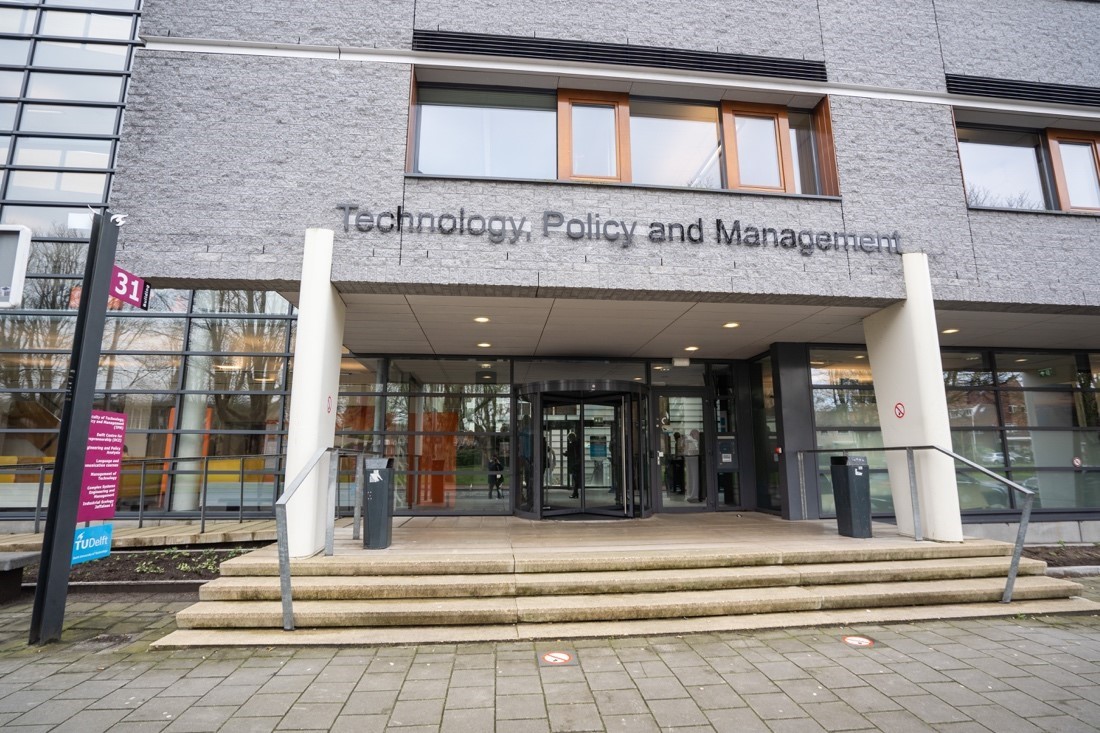
-
Deciding for what type of management course to take up after finishing your graduation can be quite a task, and we are here to help you with that. After pursuing your bachelor's in engineering or any other technical course like architecture, programs that could interest you include:
- MOT: Master's in management of Technology
- MBA: Master's in business administration
- MIM: Master's in management
Here is a differentiation between the above listed three programs:
Criteria
MOT
MBA
MIM
Type of programme
MSc (i.e., master's in science), enables for a PhD
Not an MSc
MSc, enables for a PhD
Focus
Versatile, technology and innovation driven
Business driven
General traditional management
Work experience
Not needed
Normally more than 3 years
Not needed
Approach
Theorical and practical
Practical
Depending on the programme can also be theorical and practical
Tests requirements
English test
English test, GMAT/GRE
English test, GRE.
Some may require GMAT
-
We believe that rankings are crucial, but there are quite a few ranking systems to consider when choosing how you prioritise a course.
Here, we have 3 distinct ranking systems which show the position of TU Delft amongst various world universities.
- QS Ranking: QS World University Rankings is an annual publication of university rankings by Quacquarelli Symonds. QS 2023 TU Delft is ranked 13 in the world and 1 in the Netherlands, in Engineering and Technology.
- THE Ranking: Times Higher Education World University Rankings is an annual publication of university rankings by Times Higher Education magazine.
- Shanghai Rankings (ARWU): The Academic Ranking of World Universities, also known as the Shanghai Ranking, is one of the annual publications of world university rankings.
-
When considering any program for your post-graduation, it is always better to know what sort of people and faculty you will be engaging with over your course duration. Here, at TPM we have great professors who guide and teach us the very core concepts of the program, and we believe their opinion and views about MOT could provide some great insights to you.
Teaching Assistants
-
TU Delft campus offers some facilities to explore your academic and non-academic activities. The facilities are used for generating education purposes and other extracurricular activities such as sports, games, art, etc.
Job opportunities after graduation MSc MOT
Graduates of the MOT programme have technological, entrepreneurial, and managerial skills. They have gained the knowledge and capabilities to manage or consult on activities in which technological issues are of pivotal importance. With the entrepreneurial skills they have acquired the skills to initiate new businesses. The recognition of the quality of the programme and the TU Delft degree in the labour market is reflected in the uptake of alumni in the international labour market. Most of the graduates (82%) have a job within half a year after graduation.
MOT graduates move into positions such as the following:
- Managers of technological innovation processes
- Entrepreneurs
- IT Strategy Consultants
- Project managers
- (IT) Consultants
- Business Process Developers
- Financial Analysts
- Service managers
Most large technology-oriented companies seek personnel with the types of skills acquired in the MOT programme, such as:
- Shell
- IBM
- KPMG
- TNO
- Accenture
- KPN
- Unilever Research & Development
- HSBC (Bank, Beijing, China)
- General Electric (Beijing, China)
- Sony Ericsson

